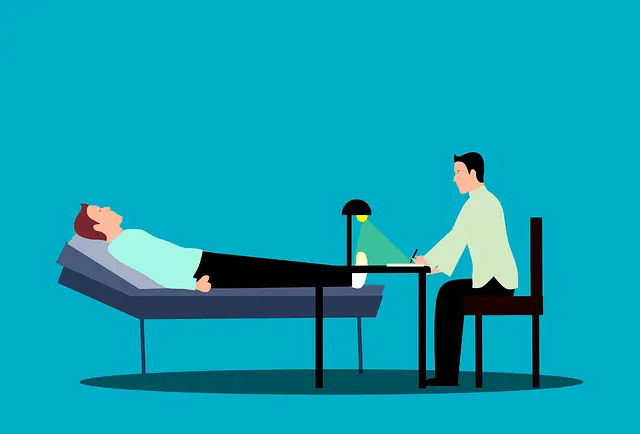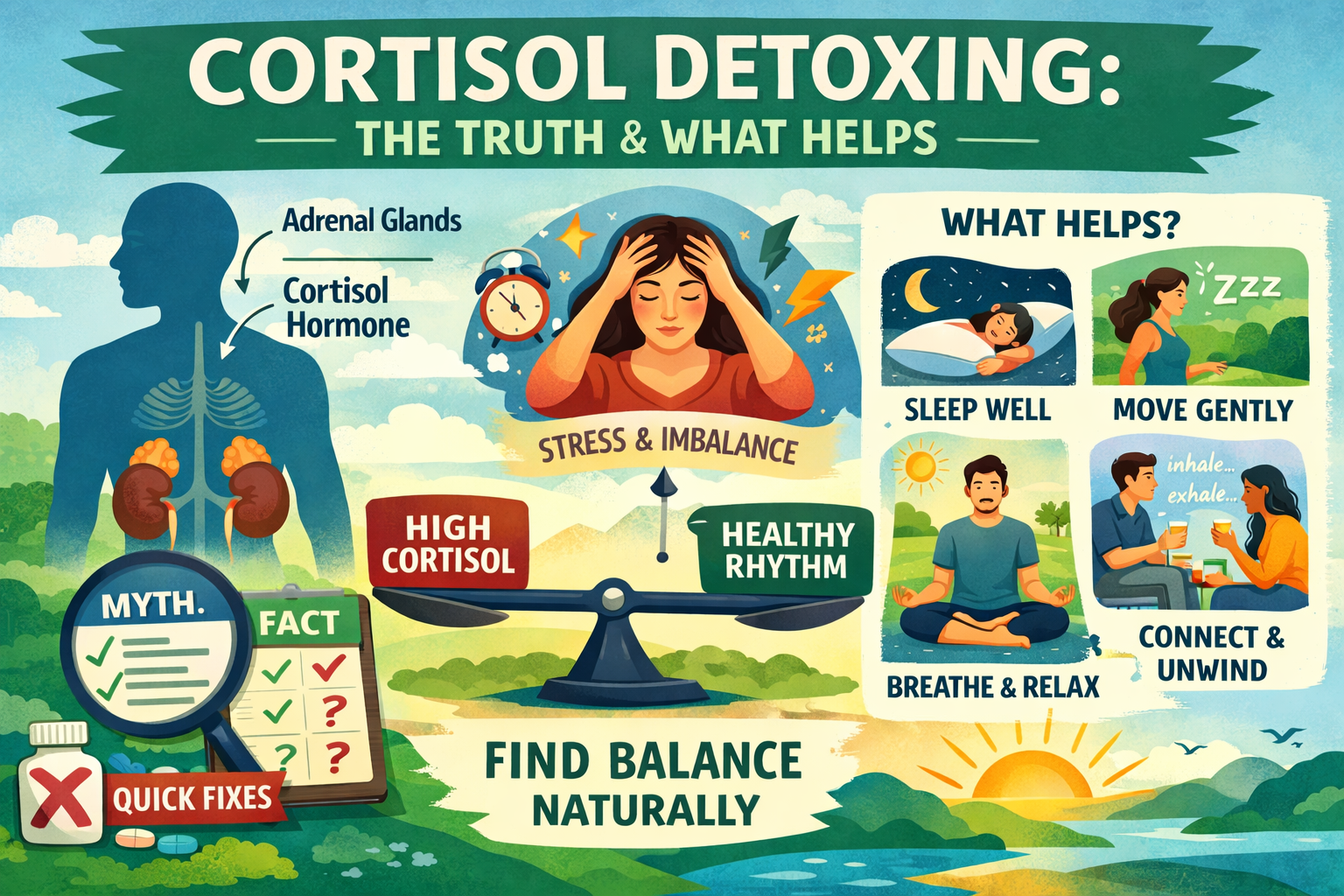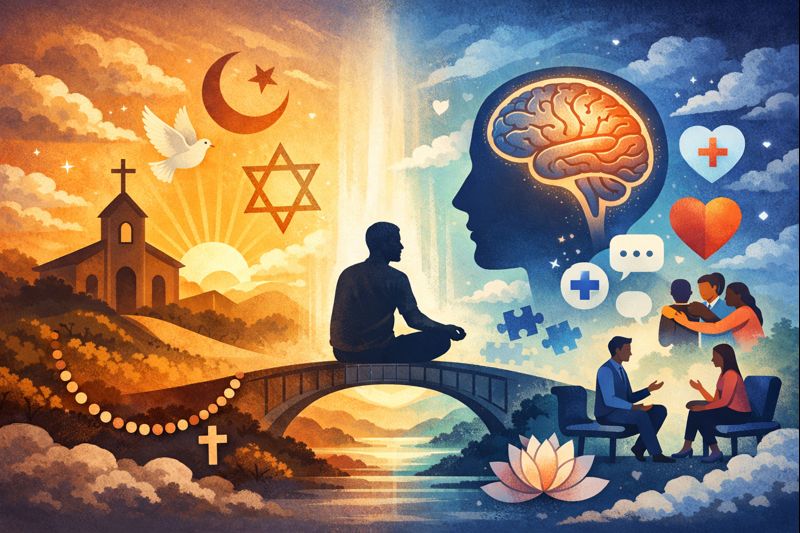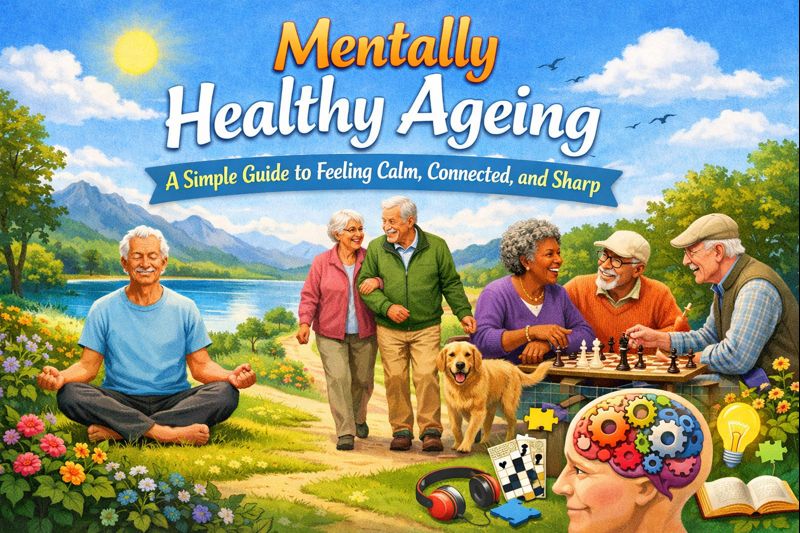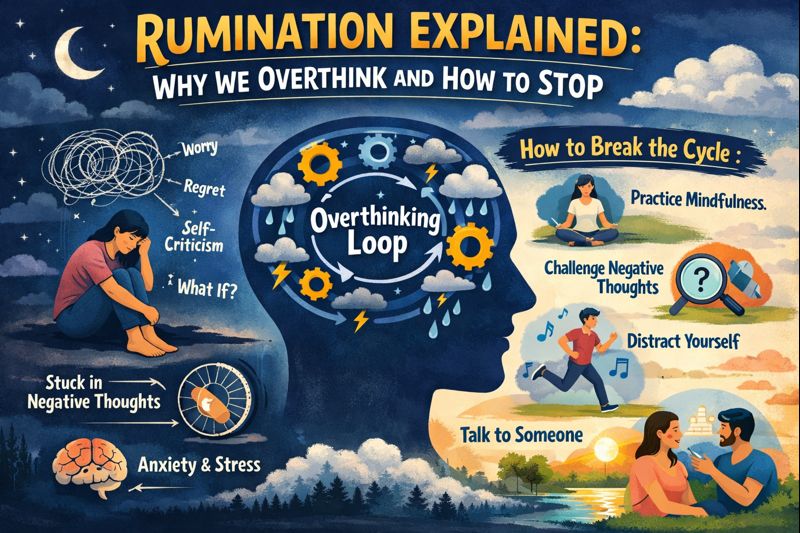Introduction
Depression represents one of the main mental health conditions which affect many people. Under the influence of this mental health issue you will experience heavy sadness together with a loss of previous interests. This text focuses on demonstrating that counselling and psychotherapy serve as methods to minimize depression symptoms.
Understanding Depression
Clinical depression consists of more than mourning feelings. This illness produces mental and physical outcomes that disrupt both mind and body. You most likely experience deeply hopeless feelings along with extreme tiredness. Multiple degrees of depression exist as distinct categories. The most advanced form of depression exists as clinical depression. People experiencing depression commonly struggle with working as well as sleeping while simultaneously losing enjoyment from their lives. Recognizing depression symptoms is important. The symptoms of depression often consist of depression followed by activity loss as well as appetite changes and troubled rest.
Types of Depression
- Clinical Depression
- Major Depressive Disorder
- Persistent Depressive Disorder (Dysthymia)
- Bipolar Disorder
The Role of a Counsellor
Professionals trained to assist people with mental health face challenges are known as counsellors. Both listening to and discussing your issues constitutes their role. The process of talking to a counsellor leads to improved mood. A counseling session enables you to gain insight about your emotional state. A counselor shows you methods to cope with negative emotions and unfavorable mental processes. Depression investigation through counselling sessions enables you to determine potential causes of your situation. The producing factors might stem from sources such as stress related to work or negative encounters from your past.
How Psychotherapy Helps
Psychotherapy establishes itself as therapy which reaches profound depths. The role of a psychotherapist consists of showing patients how their emotions and mental processes work together. These professionals will guide you to modify your mental processes and conduct as an individual. Psychotherapy asks patients to discuss both their historical events and their present-state relationship between past and present. By using this approach you can detect the reasons behind your depressive feelings.
Types of Psychotherapy
- The therapeutic approach of Cognitive Behavioral Therapy (CBT) shows patients how to modify destructive ideas along with disruptive patterns of behavior.
- The treatment approach IPT examines your communication patterns with others. People with depression experiences relief when their emotional problems stem from interpersonal relationships with others.
Reach out now to book Online Therapy Counseling !!
Combining Medication and Therapy
When treating depression some medical practitioners write prescriptions for patients to follow. Certain medications work to stabilize brain chemical compositions. The use of medication with therapy creates an efficient method for lowering depression symptoms. When medicine gets combined with therapy the results become particularly effective. Taking medicine allows patients to improve their mood. The treatment shows you methods to control your depression symptoms beyond the short term. The decision whether to add medication under your depression treatment requires a discussion with your physician. The medical professional will explain both advantages and possible adverse effects of the medicine to you.
Lifestyle Changes and Depression
Life changes together with therapy serve as effective depression treatments. Three key factors that help alleviate depression symptoms are eating properly, exercising regularly and establishing quality sleep routines. Practicing yoga together with meditation allows people to manage their mental condition. Mental practices help lower anxiety levels and create a more positive emotional state. Support groups provide valuable assistance for people who join them. Meeting with people who have depression experience will help you overcome feelings of loneliness.
Helpful Lifestyle Changes
- Healthy eating habits
- Regular exercise
- Adequate sleep
- Yoga and meditation
- Joining support groups
Setting Goals in Therapy
Evaluative therapy becomes more effective when patients establish tangible aims. Your first step in treatment is to determine which aspects of your life need change. Your counseling professional will assist you with setting these goals. Goal achievement leads to a better state of mind. The combination provides you with accomplishment satisfaction and assists you in controlling your depressive state.
Building a Support System
Getting support becomes essential when someone handles depression symptoms. The support system may include people from your close relationships as well as from designated social resources or therapeutic networks. Sometimes a counsellor or psychotherapist functions as one of your support network. This system of support provides guidance and assistance to you at difficult times.
The Importance of Regular Therapy
The regular attendance of therapy sessions creates substantial benefits for patients. Treatment creates opportunities for emotional expression that also teaches you different ways to manage your situation. Therapy functions as a secure environment where honesty concerning your emotions remains possible. This approach assists you with gaining better control of your emotions and feeling less stressed.
Conclusion
Depression can feel overwhelming, but you don’t have to face it alone. At The Mind Therapy, we offer professional Mental health and Wellness therapy that can guide you toward healing and better well-being. Our wellness centre in Delhi provides a safe and supportive environment where you can start your journey to mental wellness.


